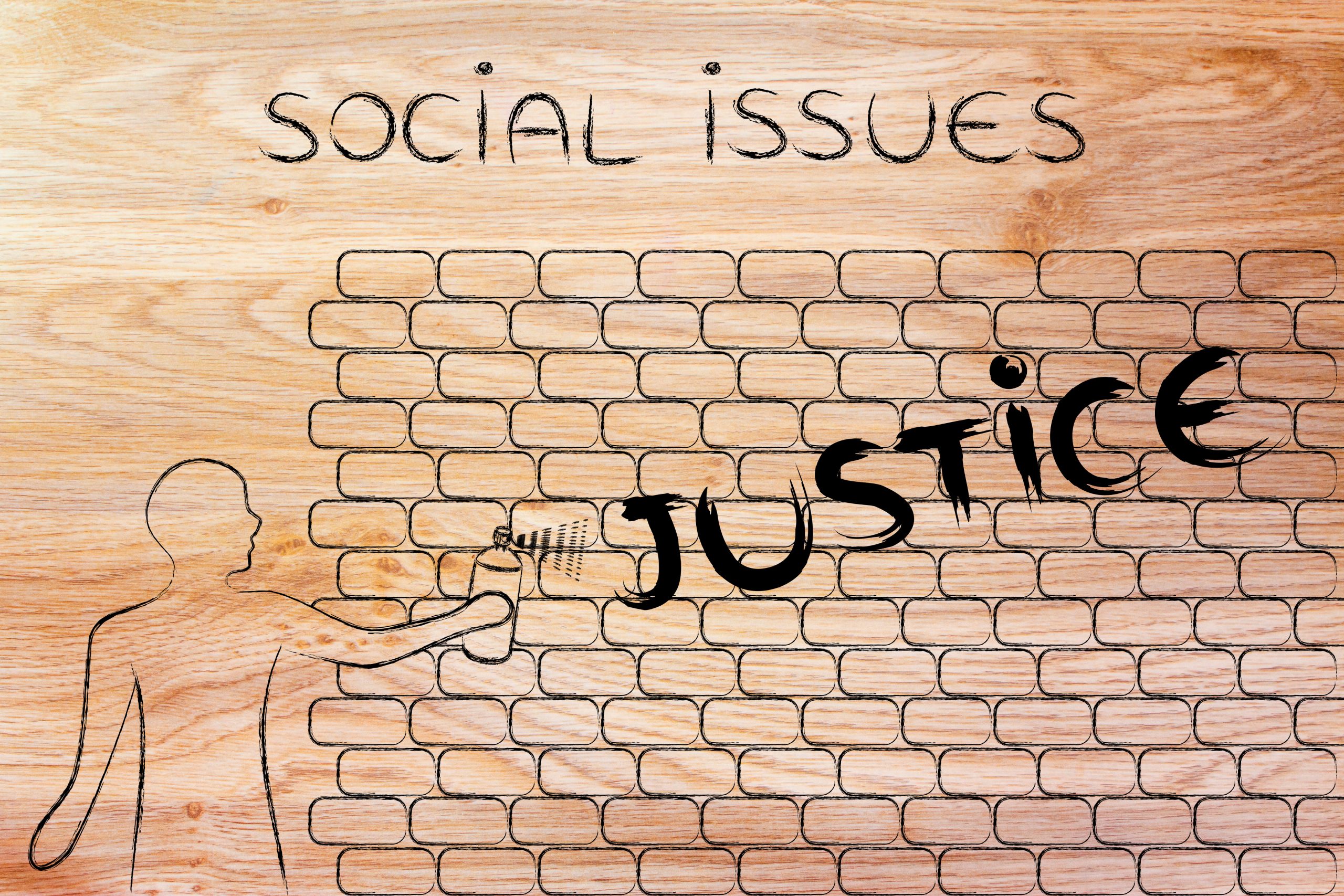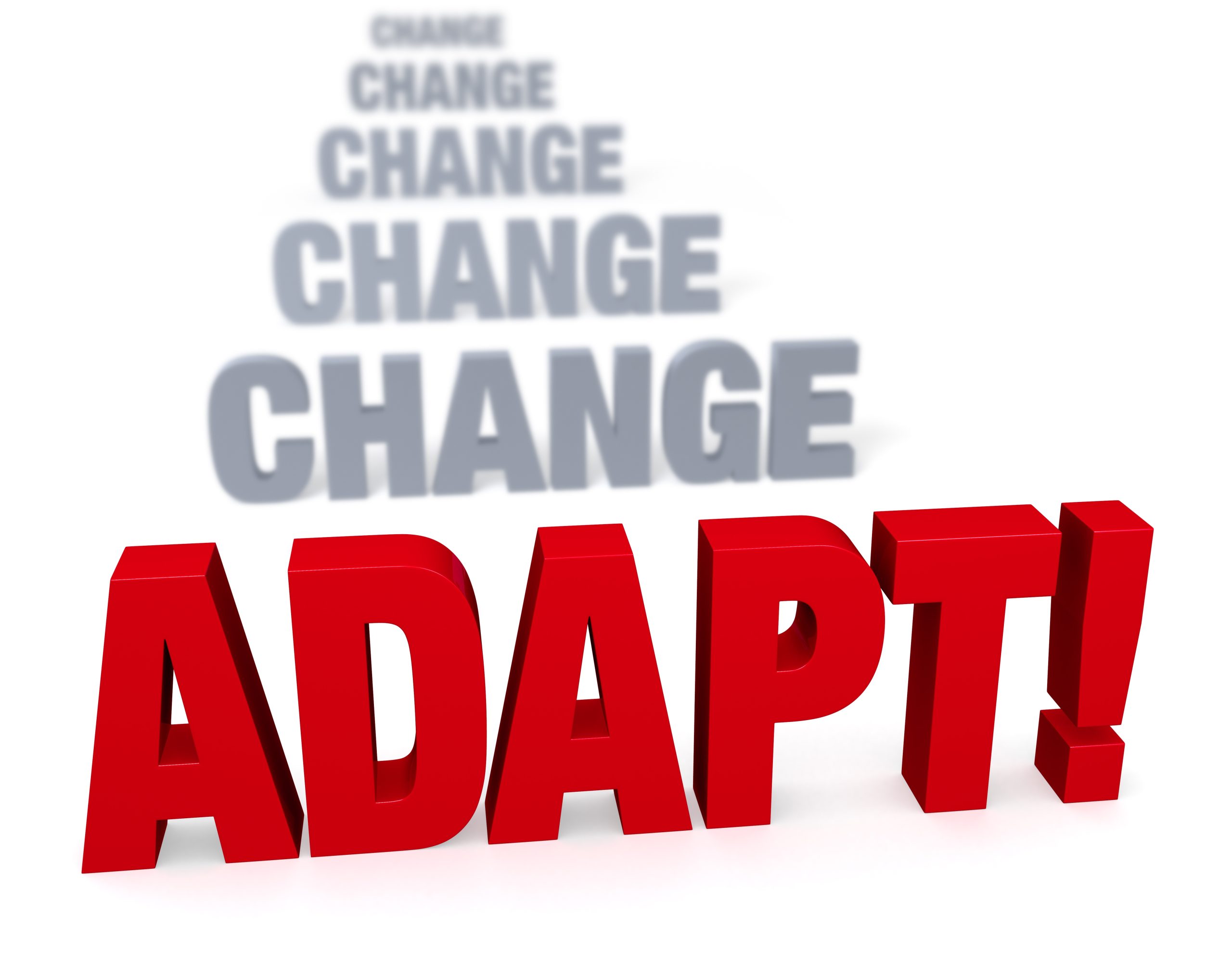In recent years, the cultural landscape has witnessed a significant evolution in the concept of wokeness. Once a hallmark of progressive activism, wokeness is being reevaluated and redefined, particularly by Generation Z. This generation, known for its digital fluency and social consciousness, is steering the discourse in new directions. Here are fifteen reasons why Gen Z is shifting away from traditional wokeness.
1. Emphasis on Individualism
Gen Z values individualism over group identity. While previous generations often rallied around collective identities and causes, today’s youth prioritize personal experiences and perspectives. This shift is leading to a more nuanced understanding of social issues, one that resists broad generalizations and focuses on unique narratives.
2. Skepticism of Performative Activism
Many Gen Zers are critical of performative activism, where actions are more about appearances than genuine change. They prefer meaningful engagement over superficial gestures, pushing for authenticity in advocacy. This skepticism drives them away from traditional wokeness, which they sometimes perceive as hollow.
3. Digital Natives Demand Authenticity
As digital natives, Gen Z can easily spot inauthentic behavior online. They value transparency and honesty, expecting public figures and organizations to walk the talk. This demand for authenticity means that they are quick to call out hypocrisy, which can lead to disillusionment with conventional wokeness.
4. Intersectionality Matters
While intersectionality remains important, Gen Z is reinterpreting it to include a wider range of identities and experiences. They recognize that issues of race, gender, sexuality, and class are interconnected but also understand that individual stories vary widely. This broader view sometimes clashes with older, more rigid interpretations of wokeness.
5. Mental Health Awareness
The heightened focus on mental health among Gen Z influences their approach to social issues. They are more likely to consider the psychological impacts of activism and seek balance. This awareness can lead to a rejection of the intense, often stressful demands of traditional wokeness in favor of more sustainable forms of engagement.
6. Economic Concerns
Economic instability and job market challenges are front and center for Gen Z. With many entering adulthood during a time of economic uncertainty, they are focused on practical solutions to systemic problems. This pragmatic approach can sometimes conflict with the idealism associated with traditional wokeness.
7. Environmental Urgency
Climate change is a paramount concern for Gen Z, shaping their priorities and activism. They are often more focused on environmental justice and sustainable practices than on some of the broader social justice issues championed by earlier iterations of wokeness. This focus reflects their desire to address immediate existential threats.
8. Diverse Influences
Gen Z is exposed to a vast array of influences from around the globe, thanks to the internet. This global perspective fosters a more inclusive and diverse understanding of social issues, often leading them away from the more US-centric views that have historically dominated wokeness.
9. Real-World Solutions
Pragmatism defines much of Gen Z’s approach to activism. They seek tangible, real-world solutions rather than abstract theories. This practical mindset drives them to support initiatives that have clear, measurable outcomes, distancing them from ideologies they perceive as overly theoretical.
10. Value of Free Speech
Free speech holds significant importance for Gen Z. They are wary of censorship and prioritize open dialogue, even when it involves uncomfortable or controversial topics. This commitment can put them at odds with aspects of wokeness that they see as limiting free expression.
11. Influence of Social Media
Social media platforms play a crucial role in shaping Gen Z’s views. These platforms foster a fast-paced, ever-evolving discourse that often leaves little room for the slower, more deliberative processes associated with traditional activism. The immediacy of social media drives a different kind of engagement, one that is more dynamic and less rigid.
12. Rejection of Cancel Culture
Many in Gen Z are rejecting cancel culture, which they see as overly punitive and counterproductive. They advocate for restorative justice and the possibility of growth and redemption, preferring constructive criticism over public shaming. This stance marks a departure from the zero-tolerance policies often linked with wokeness.
13. Education and Awareness
Gen Z has unprecedented access to information, allowing them to educate themselves on a wide range of issues. This self-directed learning encourages critical thinking and a personalized approach to social justice, often leading them to challenge established norms and seek out new frameworks for understanding.
14. Hyper-Connectivity
Hyper-connectivity has exposed Gen Z to a multitude of perspectives, making them more empathetic but also more discerning. They are quick to identify echo chambers and seek out diverse viewpoints. This exposure fosters a more complex and less dogmatic approach to social issues, contrasting with the more monolithic narratives of traditional wokeness.
15. Desire for Inclusive Solutions
Inclusivity remains a core value, but Gen Z’s definition is broader and more flexible. They strive to include a wide range of voices and experiences, often questioning the boundaries set by previous generations. This drive for inclusivity pushes them to evolve beyond established norms, seeking solutions that are genuinely representative of all people.
The Future of Activism
As Gen Z continues to shape the cultural and political landscape, their evolving approach to wokeness will undoubtedly influence future activism. Their emphasis on authenticity, practical solutions, and inclusivity signals a shift towards a more personalized and flexible form of social engagement. By understanding these trends, we can better anticipate and support the next wave of social change.

Ashleigh Clyde is a dedicated youth advocate, journalist, and researcher. Passionate about shedding light on important issues, such as financial literacy and marketing tactics. She has extensive experience in entertainment journalism.












































